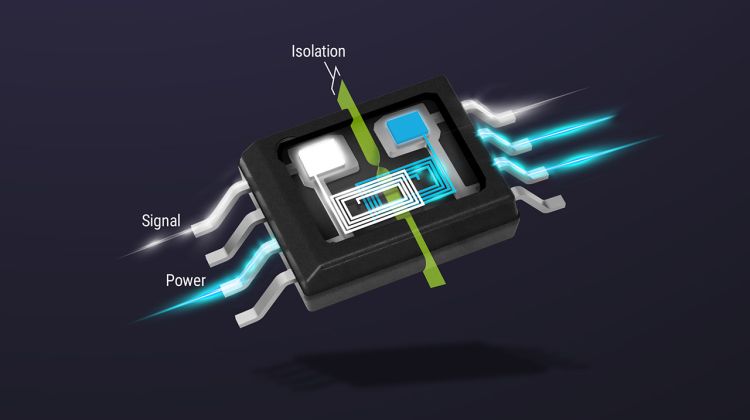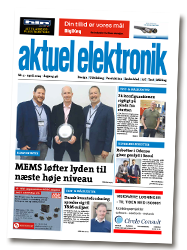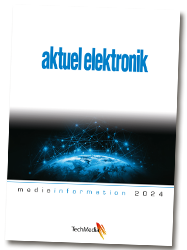Building on more than two decades of experience developing new isolation manufacturing technologies and integrated circuits (ICs) for high-voltage systems, Texas Instruments (TI) (Nasdaq: TXN) today introduced a new portfolio of solid-state relays, including automotive-qualified isolated drivers and switches, that deliver industry-leading reliability to help make electric vehicles (EVs) safer. The new isolated solid-state relays also provide the smallest solution size while reducing the bill-of-materials (BOM) cost of powertrain and 800-V battery-management systems. For more information, see ti.com/ssr-pr.
The TPSI3050-Q1 isolated switch driver with an integrated 10-V gate supply and the TPSI2140-Q1 1,400-V, 50-mA isolated switch both integrate power and signal isolation across a single barrier using a unique approach that improves reliability, while significantly reducing solution size and cost compared to existing electromechanical relays and solid-state photorelays. The devices are the first in a new solid-state relays portfolio that will also include ICs designed for high-voltage industrial applications. To learn more about the benefits of solid-state relays, read the technical article, “How to Achieve Higher-Reliability Isolation and a Smaller Solution Size with Solid-State Relays.”
“High-voltage systems are becoming more prevalent, especially with the increased adoption of EVs. At TI, we are strongly focused on finding new ways for system designers to solve complex isolation challenges, such as ensuring reliable and safe vehicle operation as the industry transitions to 800-V batteries, while also reducing solution size and cost,” said Troy Coleman, vice president and general manager of Power Switches, Interface and Lighting at Texas Instruments. “By integrating more functionality within our isolation technology, our new solid-state relays enable engineers to reduce the size, cost and complexity of high-voltage power supplies while maintaining the safety of next-generation automotive and industrial systems.”
The new solid-state relays can disconnect and connect loads through a single isolation barrier in microseconds – compared to milliseconds for electromechanical relays – to enable safer operation of high-voltage automotive systems. The TPSI3050-Q1, which offers reinforced isolation up to 5 kVRMS, also provides an operating lifetime that’s 10 times higher than electromechanical relays, which can degrade over time. Additionally, the TPSI2140-Q1 offers basic isolation up to 3.75 kVRMS, enabling it to achieve more than four times higher time-dependent dielectric breakdown reliability than solid-state photorelays.
The solid-state relays integrate power and signal transfer in a single chip while also eliminating at least three components from their designs, significantly reducing solution size while cutting BOM costs by as much as 50%. The TPSI3050-Q1 reduces solution size up to 90% compared to mechanical relay solutions by integrating the functions of an isolated power supply, digital isolator and gate driver. The TPSI2140-Q1 reduces solution size by as much as 50% compared to traditional solid-state photorelay solutions by integrating a signal field-effect transistor and resistors, and eliminating the need for a reed relay.
Designed for high-voltage measurements and insulation monitoring, the TPSI2140-Q1 works with a battery-pack monitor such as the BQ79631-Q1 to detect insulation faults in 800-V battery-management systems faster and with higher accuracy than solid-state photorelays. The TPSI2140-Q1 enables the use of <1-MΩ resistors and withstands over 300% more avalanche current than traditional photorelays to help enable safer human-system interaction.
For more information, see https://www.ti.com/isolation.


